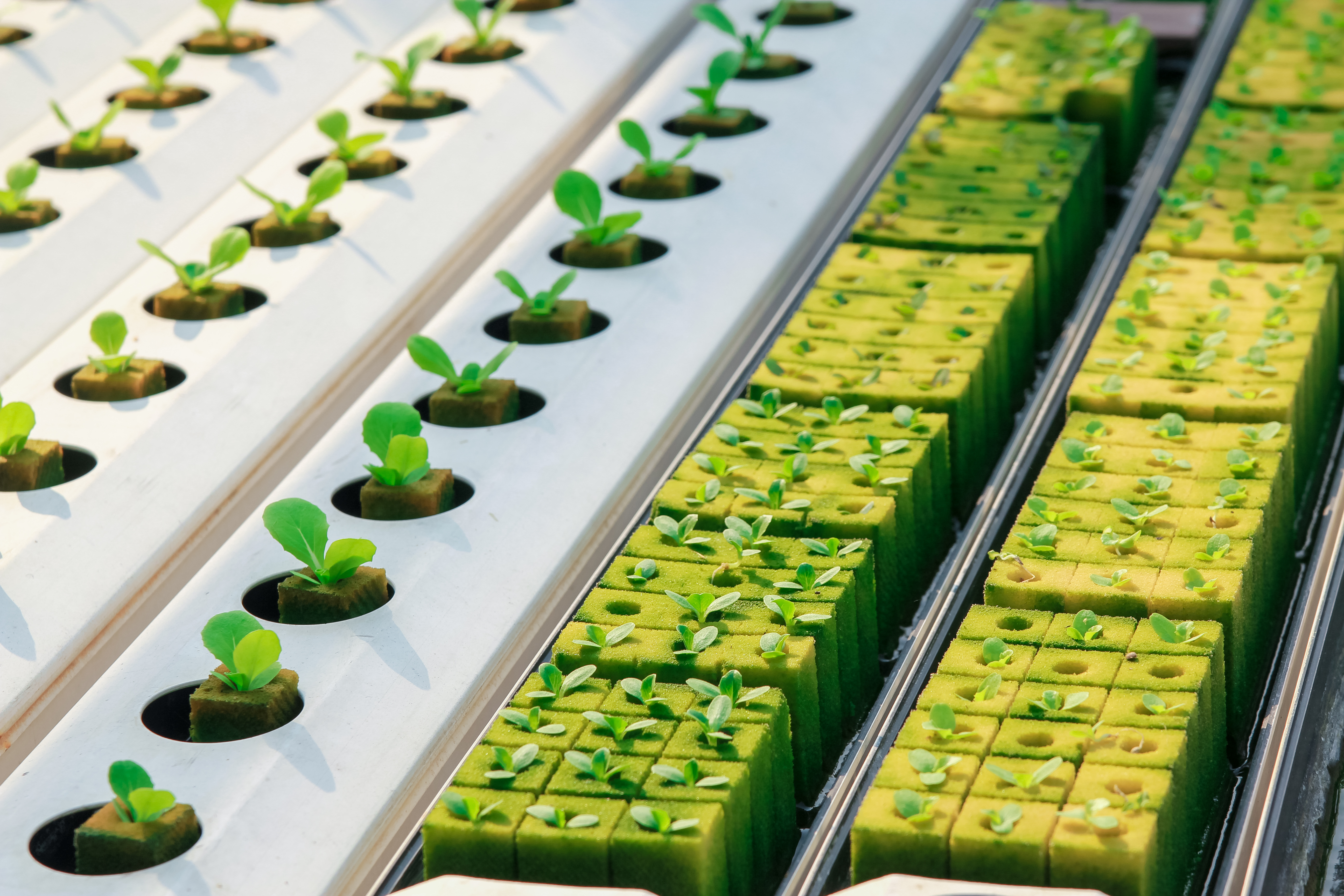Curious about the role of AgriFood tech startups in impact investing? Read on as Devika Balachandran, an associate on Wharton Impact Investing Partners’ Food & Nutrition sector team, discusses the importance of AgriFood Tech in impact investing.
What is Wharton Impact Investing Partners?
Wharton Impact Investing Partners (WIIP) is a student-led organization in the MBA program at the Wharton School of the University of Pennsylvania. WIIP sources and conducts diligence on early and expansion-stage companies with venture-grade growth potential and intentional, measurable social impact. One of the most important components of the WIIP due diligence process is working with each company’s leadership team to establish impact metrics and develop processes to measure impact on an ongoing basis.
WIIP defines impact investing as investing in companies that have a positive social or environmental impact component in addition to being a strong financial investment opportunity. According to the Global Impact Investor Network (GIIN), impact investing is critical to unlocking private capital to complement traditional public resources and philanthropy in addressing some of the most pressing challenges facing society.
Why AgriFood Tech?
As a part of the Food & Nutrition sector team, we have developed the following investment thesis:
We target early-stage companies in the food and nutrition sector with scalable solutions that improve productivity in the face of increased resource constraints, enhance food access and nutritional outcomes, provide economic opportunities for underserved populations, or enhance efficiencies in the food production system.
Our focus on AgriFood tech stems from its potential for tremendous social impact. Across the entire value chain, AgriFood Tech companies promote sustainability, from enabling growers to produce more food with fewer resources to reducing post-harvest losses and food waste. AgriFood Tech companies are also critical to promoting nutrition and access to healthy foods, via increasing protein availability and reducing sugar in foods that we consume. Further, investing in AgriFood Tech can support economic development in grower communities, which is a critical social impact as well.
Through engaging with early-stage companies that are tackling these issues across the AgriFood Tech value chain, WIIP works to identify and measure the impact these companies are having along with their potential to scale, to present a more compelling and comprehensive story to its investor committee, which is comprised of leaders and Wharton alums in the impact investing space.
Other Impact Investors in AgriFood Tech
The CDC Group is the private equity arm of the UK government, and they are the world’s oldest development finance institution. They are a long-term investor, with investment priorities to promote capital in hard-to-reach parts of Sub-Saharan Africa and South Asia. Since 1986, when they started investing in agrifood, they have made over 150 investments in the space. One of their most successful agrifood investments has been Bigbasket, an online supermarket in India that provide growers with access to broader markets, which helps to prevent postharvest losses and provides more customers with access to fresh, affordable produce. Since the CDC’s investment in 2011, Bigbasket has become India’s largest online grocer.
Investors’ Circle is the world’s largest early-stage impact investing network, with a network of angel investors, venture capitalists, foundations, and family offices that have committed over $200 million to enterprises dedicated to improving the environment, education, health, and community. They have invested in almost 20 startups in the agriculture and food systems space, from agricultural and ranch management software companies to companies that turn unsold produce into fertilizer or juice. They recently invested in Tiny Farms, which aims to produce scalable sources of insect protein for use in pet food and animal feed from crickets.
Headquartered in Philadelphia, Reinvestment Fund is a federally certified community development financial institution that focuses on both financing and developing policy solutions to promote change in underserved communities. Healthy food is one of their target sectors, and they have provided 9 local grocery stores with capital to promote access to healthy produce in food deserts to date. Reinvestment Fund also invested in BrightFarms, a hydroponic greenhouse in Pennsylvania that provides sustainably grown produce to customers across the greater Philadelphia region.
Wharton Impact Investing Partners is Looking for Investments!
If you have an agrifood social enterprise that you would like to be considered by Wharton Impact Investing Partners, please fill out this form, and an associate on the Food & Nutrition sector team will get back to you with next steps.
To read more about how agrifood tech fits an impact investing thesis, check out this article.





